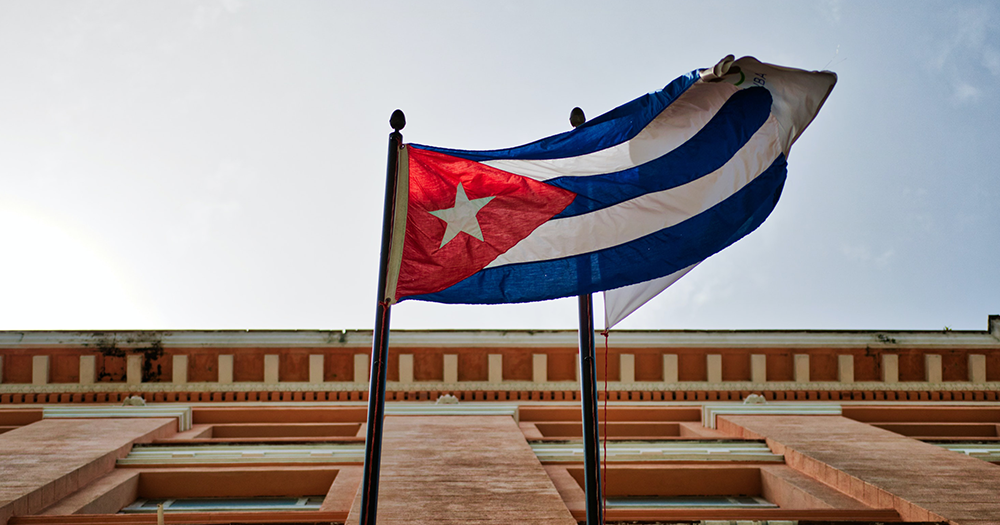Government officials in Cuba have launched a series of public consultations across the nation to discuss future legislation surrounding marriage equality and adoption for same-sex couples. The first neighbourhood meetings were held at the start of February, with a total of 78,000 expected to occur by the end of April.
The meetings were organised by the Cuban parliament in order to gather public opinion and use it to frame the contents of its proposal. Information obtained will be used to draft a final bill which will be put to a public referendum on a date that is still to be confirmed.
The meetings are not debates, and comments and opinions can be expressed freely in writing or verbally with no rebuttals or votes. Although such a vast consultation process on pending legislation is rare in Cuba, it certainly garners public interest and encourages discussion throughout widespread communities.
The proposed law being discussed at the meetings mainly focuses on LGBTQ+ rights, but it also covers family topics including the rights of grandparents and grandchildren, protection of the elderly, punishment of gender violence and the way in which the law deals with marriage and parental responsibility. It would also give children gradually greater rights as they get older.
Director of the National Centre for Sex Education, and daughter of former President Raul Castro, Mariela Castro, is a big supporter of marriage equality in Cuba.
“It gives me much hope that in spite of how difficult and contradictory the processes of social transformation have been […] we have reached this moment of a (family) code so advanced, so revolutionary,” she said.
Nursing assistant Heidi Sanchez, is also in favour of the proposed legislation “because it includes everyone in the world: children, the elderly, people of the same sex.
“We are all human beings and Cubans. I don’t see anything abnormal.”
Same-sex marriage is legal in seven South American countries, including Chile which voted to change legislation in December 2021. Argentina, Brazil, Uruguay, Colombia, Ecuador and Costa Rica have all enacted similar changes since 2010, despite the region being seen as conservative and highly religious.
© 2022 GCN (Gay Community News). All rights reserved.
Support GCN
GCN is a free, vital resource for Ireland’s LGBTQ+ community since 1988.
GCN is a trading name of National LGBT Federation CLG, a registered charity - Charity Number: 20034580.
GCN relies on the generous support of the community and allies to sustain the crucial work that we do. Producing GCN is costly, and, in an industry which has been hugely impacted by rising costs, we need your support to help sustain and grow this vital resource.
Supporting GCN for as little as €1.99 per month will help us continue our work as Ireland’s free, independent LGBTQ+ media.
